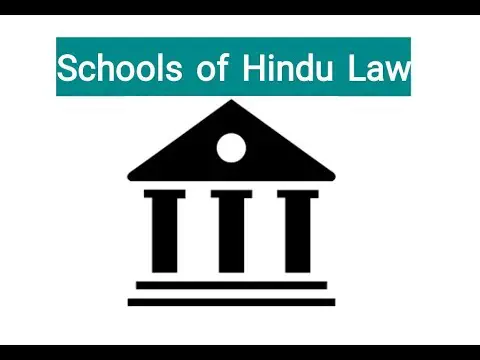
” Law of Hinduism is the oldest perigee of any known system of jurisprudence and even now it is show now sign of decrepitude.” ~ Henry Mayne.
Source of law
It has several annotations. It may be also known as the rules authorized & recognized by court. Here the sources of law refer to the maker of the law of Hinduism. It means that what conditions and circumstances bring or inspire to make the law of Hinduism & Source of law is a sense to express the evidence of law & sources of law of Hinduism is also accepted in Jurisprudence.
Law of Hinduism is the governing personal laws that treat with social condition and circumstances which is basically concerned with marriage, divorces, adoption, Minority, family matters etc.
Many other communities to follow the law of Hinduism they are Sikhs, Jain, Brahmo-Semaj and many more.
Sources of Law of Hinduism
It is basically classified under two categories.
* Ancient Sources
* Modern Sources.
Ancient Sources
In ancient sources the law of Hinduism came from~
° Shruti
° Smriti
° Digests and commentaries.
° Customs
SHRUTI
The literal meaning of Shruti is which has been heard.
In Vedas and the Upanishads to Shruti devotes pure utterance.
It is Primitive sources that proved knowledge of law.
SMRITIS
It is text which has been remembered and then written by the richest throughout the generation.
Classified into~
- Dharma sutra (Prose)
- Dharma shastras (poetry)
COMMENTARIES AND DIGEST
It has major role to develop the various concept about law of Hinduism.
It helps in interpretation of the SMRITIS.
CUSTOMS
It is culture or traditions followed by people of society since very long time or ancient period.
It has two categories.
- Legal customs.
Local customs
General customs
- Convenional customs.
Modern Sources
It has 3 subdivision.
: Justice, equality, and good conscience
: President
: Legislature
JUSTICE, EQUALITY, & GOOD CONSCIENCE
Considered to be the basic rule of law.
This rule of justice, equality, and good conscience of law is applied only when existing Lord does not have taken place before the court decision in particular matter.
Justice, equality, and conscience Rule of law considered to be the fairest and reasonable option available to a person.
Legislation
Most important source of law of Hinduism is considered as legislation.
It is very responsible to give proper growth of law of Hinduism in modern world.
It is codified law which fulfill all the terms, circumstances, & condition of the society.
Schools of law of Hinduism
School of Law of Hinduism are the basic source of Hindu law which contribute to the development of Hindu law from its roots.
The two major school of law of Hinduism are.
1. Mitakshara School.
2. Dayabhaga School.
Mitakshara School
One of the most important schools of Hindu law it is a running commentary of a Smriti written by YAJNVALKYA.
In whole India national this is school is applicable but not in West Bengal and Assam.
Mitakshara is categorized into five others sub schools.
1. Banaras Hindu law school
2. Maharashtra law school
3. Mithila law school
4. Dravida or Madras law school
5. Madras Law School
they are running under Mitakshara law school and have same fundamental principles but differ in certain circumstances.
Dayabhaga School
Dayabhaga school is prevailed on Assam & Wes Bengal. This is also one of the most law school of Hinduism. Primary focus of Dayabhaga school was to deal with partition, inheritance, & joint family. Dayabhaga School practices the artificial principle of inheritance and it tends to remove all the limits and established principle which was restricted by the Mitakshara school.
In Dayabhaga school there were various other commentaries
° Dayatatya
° Dayakram – Sangrah
° Virmitrodaya
° Dattaka Chandrika
Conclusion
It can be considered that the law of Hinduism is the most ancient and prolific laws in the whole world. Law of Hinduism is about 6000-year-old. The school of Hinduism promotes the Hindu law and develop the Hindu law from its core of the roots.
“The views of the authors are personal“








